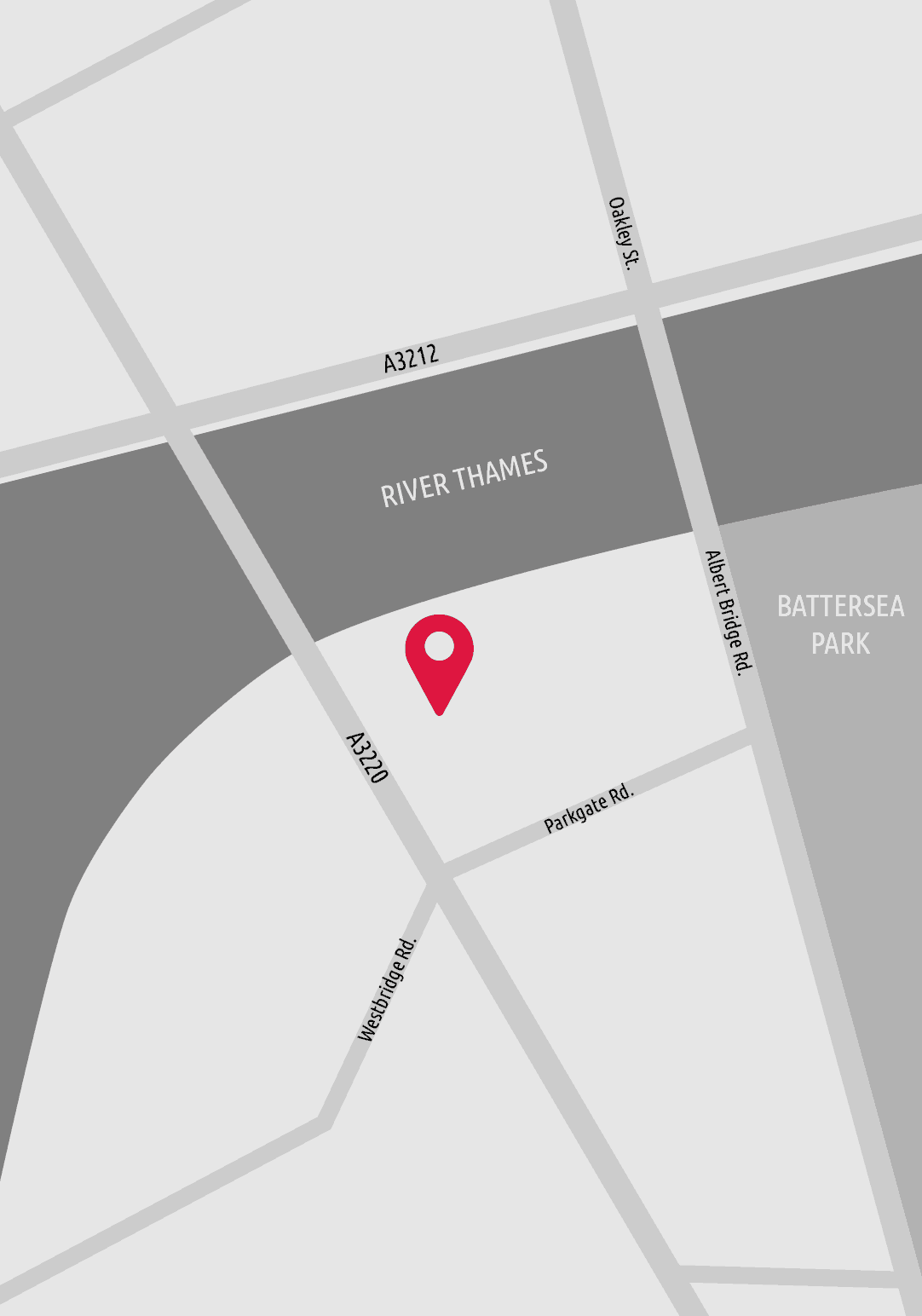At the helm of data science business, CKDelta, I see first-hand the possible roles that anonymised data can play in supporting governments and businesses to weather the COVID-19 storm. The application of anonymised data is increasingly yielding rich insights and foresight into real-world problems, brought to life by simulated solutions across a broad spectrum of sectors including transport, utilities and retail.
As a data scientist it’s certainly an interesting, albeit unprecedented, time to be capturing and processing quality data. COVID-19 has been the catalyst for an explosion of anonymous data – from governments, the media and industry. What has been sorely lacking is meaningful analysis of this rich data pool to provide actionable insights.
That is something CKDelta has been working to rectify. Our work alongside our partners and other diverse sources is proving to be more crucial than ever given that there is no modern precedence for what is occurring in the world today.
The outbreak of coronavirus across Europe has led to a surge in the need for accurate data-mapping and insights into the daily movement patterns of the public. Using anonymised data from partners and multiple other sources, we have been able to show how movement patterns have shifted in Denmark, while in Germany and Italy, working with those very partners we have mapped how citizens have responded to #StayAtHome measures in their respective countries.
I can certainly see there being some change to traditional travel patterns, fewer of us may well make the daily commute into work, opting instead to work from home for example. This poses some interesting questions for transport operators and planners who may need to respond with innovative approaches to tariff bands and more – all of which we can model, test and trial in a real-world environment.
It could be that we see an increase in personal vehicle use following the outbreak. With the government committed to improving air quality, electric vehicles may be the way forward. CKDelta works with power networks and urban planners to map future charging needs for electric vehicles. Not only does this make for the most efficient use of electricity, it creates commercial opportunities for retailers by identifying where drivers will have most dwell time. A perfect example of a win-win situation which can only be identified through a deep understanding of – and access to – high quality data.
Understanding changes to the way people travel is key to city planning and financial investments in infrastructure. Working with our partner, Teralytics, we are collaborating with the Milan Municipality in Italy on the EIT Urban Mobility initiative. Our innovative use of anonymous data is helping cities to future proof the networks they build.
With infrastructure investment at the heart of the UK Government’s own ‘levelling up’ strategy, we will need to better understand the changing behaviours of the public and model how this might change. With CKDelta working at the intersection of mobility, retail and behavioural modelling, our diverse data sets and sector expertise ensure that we’re uniquely positioned to do just that.
Those with access to the richest, most diverse data sets will be in prime position to lead the race for machine learning. With that in mind, perhaps now is the time to begin asking yourself how our approach to capturing and processing high quality data can provide you with the insights and solutions to your own real-world challenges.
To find out more, please visit: https://www.ckdelta.ie/





